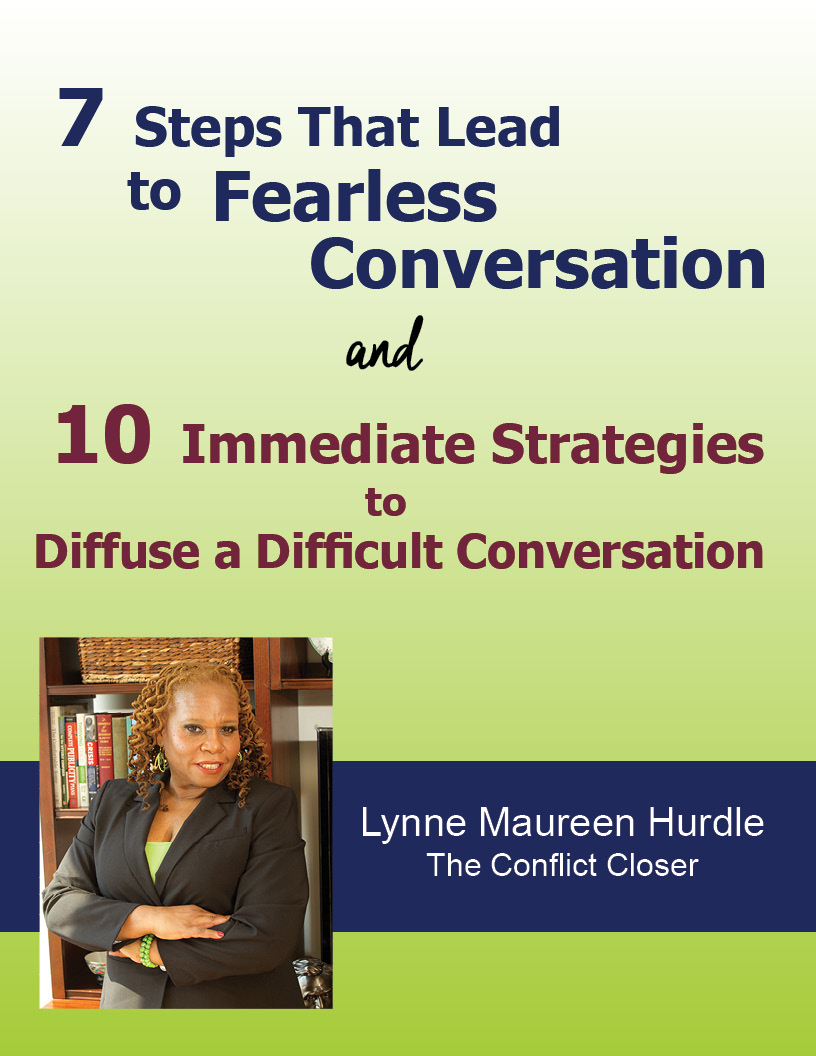3 commonly overlooked signs and what you can do about them.
Unfortunately, the times we are living in have made for some really unhappy, hurting, mean people. Yes, people are commenting more and more about the anger that they or others are experiencing right now. Social media has created full-blown cyber bullies and the coping mechanism that many are using is bullying others.
In the last decade, news reports, articles and even songs relay the prevalence and consequences of bullying among children and adolescents, but not enough attention is being given to the bullying that takes place in offices and online workspaces. My work history is filled with workplace bullies, two of whom were my bosses. I can remember feeling helpless and powerless to the point of prayer and I wasn’t even someone who prayed regularly. This is a difficult situation, one which too many people find themselves faced with. While so many people are reportedly quitting their jobs, the grim reality is that most people, even when faced with the stress of bullying, cannot afford to leave.
In a 2016 Forbes article, this disturbing statistic was cited, “Research from Dr. Judy Blando (University of Phoenix) has proven that almost 75% of employees surveyed had been affected by workplace bullying, whether as a target or a witness.” I have to admit that I am seeing this in far too many workplaces and being pushed into mental health issues is no longer worth the risk of sticking it out for folks. Still, a large number of us are putting up with this harmful behavior on a regular basis. In fact, what distinguishes bullying from a one-time conflict is the fact that is ongoing, repeated behavior.
The definition most familiar to those of us who have read about workplace bullying is one supplied by the Workplace Bullying Institute:
“Workplace Bullying is repeated, health-harming mistreatment of one or more persons (the targets) by one or more perpetrators. It is abusive conduct that is: threatening, humiliating, or intimidating, or work-interference, i.e. sabotage, which prevents work from getting done.”
In my work with conflict, I have come across some behaviors that often catch people off guard when they are labeled as bullying but in fact, they are.
- Interrupting. Many of us listen up until the point at which we wish to interrupt so this kind of interrupting is almost acceptable to most of us. Interrupting a person speaking is also the norm in some cultures. People don’t wait for each other to finish their sentences, instead they passionately interrupt in order to contribute to the conversation, get their point across or to agree or disagree. This kind of interrupting, though often interpreted as rude to those outside the culture, is accepted and understood by those within the culture. The interrupting more likely to be felt and interpreted as bullying behavior is when you constantly cut off the person that is speaking to tell them that they don’t make sense, or that they’re wrong and then you go on to defensively tell them how your ideas are so much better, gaslight them and discourage them from sharing. This is especially intimidating and humiliating if you are the boss or if this is done in front of coworkers.
- Mocking culture. While there certainly is a workplace culture there are sometimes many different cultures represented within the workplace. To constantly remind someone or bring up that you really don’t understand them because of their accent or to question hairstyles or clothing or the pictures on someone’s desk related to their culture or to insist that someone explain to you their culture, because their group is mentioned in the media and you just don’t understand them can be considered bullying behavior. Yes that’s right, to feel judged, pressured to explain yourself or to fit in culturally on a regular basis can be both humiliating and intimidating.
- Pressuring. Every workplace has pressure and deadlines, that’s normal. The kind of pressure I’m talking about is when you insist that someone who does not feel comfortable speaking up all the time speak up and tell you what it is they’re thinking every time you have a conversation with them even if it’s not necessary. Some people are really able to benefit from being silent and thinking things over and don’t need to always voice their opinion. When you insist that they speak up because you want a response to every little question then that kind of pressure crosses the line. There’s also the pressuring of someone to do things within your time. Even if the deadline has not approached yet. You insisting that they tell you how much progress they have made, when they will be done and where they are with the assignment on a daily basis is unnecessary pressure, becomes very intimidating and can in fact be considered bullying.
Recognize yourself in any one of these? If you do, you may in fact be on your way to being the workplace bully or worse you may already be one. I have some suggestions for what to do to change course.
-
- Become curious about why you engage in these behaviors.
- Develop an awareness about what you are doing and when you are doing it.
- Consider the power of a pause. Pausing to observe your behavior in the midst of doing it is a powerful way to stop.
- Think about any feedback that has been given to you about these behaviors in the past and consider what you can learn from it. Then do something to change it, like get a coach or go to therapy.
- Look for resources to build your communication and relationship-building skills and learn from them.
- Admit it to yourself and then come from the heart with a sincere apology.
Much of what we do is learned behavior and unfortunately it’s often behavior that was done to us that never got corrected. Take a bold step of correcting your behavior. I’m sure your colleagues will be relieved when they realize that there’s one less bully in the workplace. I know in my case, it would have saved me years of stress related illnesses.
It’s time to make some serious changes in your behavior if bullying is your way of leading and interacting. Are you brave enough to face yourself? We need you to be.
In love,
Dr. Lynne





